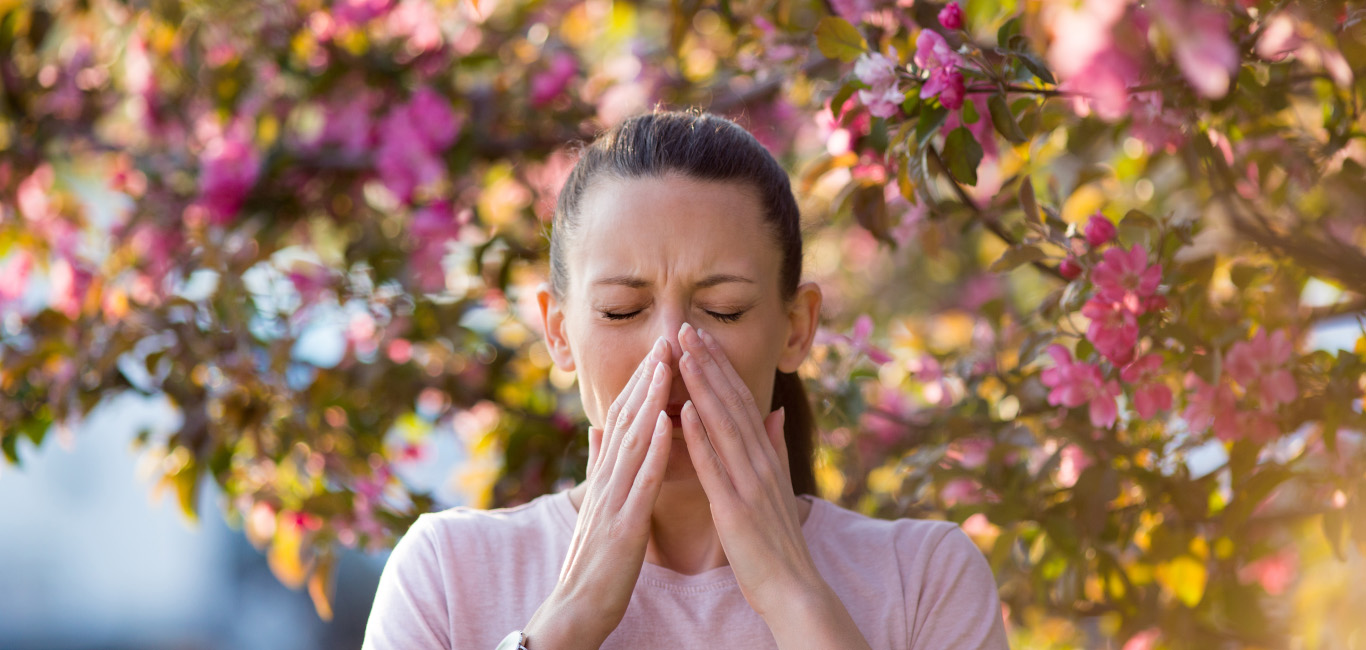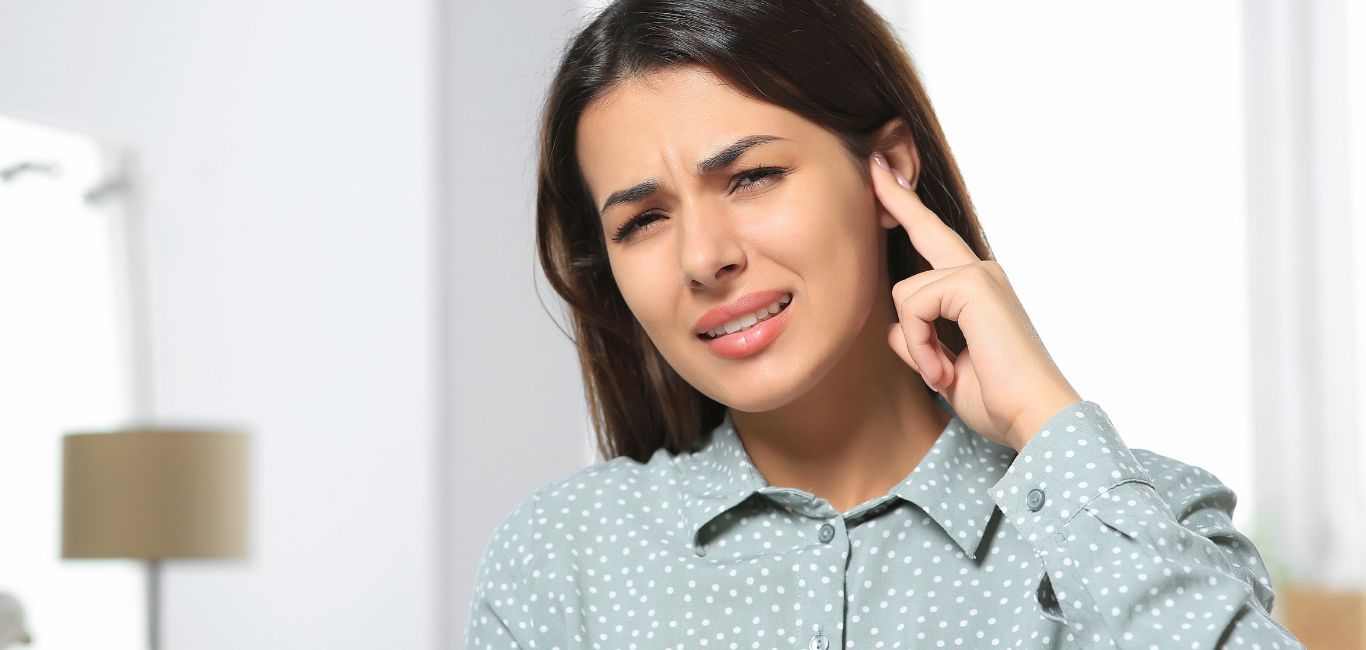
Rhinitis, a common condition affecting the nasal passages, can be broadly categorised into two main types: allergic rhinitis and non-allergic rhinitis. While both types of rhinitis share similar symptoms, like nasal congestion, sneezing, and a runny nose, their underlying causes and management strategies differ significantly.
What is rhinitis?
Dr Atul Mittal, principal director and head, department of ENT at Fortis Memorial Research Institute in Gurugram, explains that rhinitis is when the inside of our nose gets irritated and inflamed. This lining inside our nose called the mucous membrane, protects our organs and cavities from harm. The inflammation can happen because of viruses, bacteria, irritants or allergens, leading to lots of mucus and causing a runny or stuffy nose. It can also affect the eyes, ears or throat. There are two main types of rhinitis: allergic and non-allergic rhinitis.
Allergic rhinitis
An immune response to specific allergens in the environment triggers allergic rhinitis. These allergens include pollen, dust mites, pet dander, and certain foods or medications. When people with allergic rhinitis come in contact with these allergens, their immune system releases histamines and other chemicals, leading to inflammation of the nasal passages and subsequent symptoms.
Dr Jyotirmay S Hegde, HOD and lead consultant ENT at Aster Whitefield Hospital in Bengaluru, explains that the key difference lies in the trigger. “Allergic rhinitis is triggered by specific allergens, while non-allergic rhinitis is caused by factors such as hormonal changes, structural issues in the nose, or exposure to irritants,” he explains.
There are two main subtypes of allergic rhinitis based on the timing of the symptoms:
Seasonal allergic rhinitis: This variant occurs during specific seasons when allergens like pollen are prevalent. Common triggers include tree pollen in spring, grass pollen in summer, and weed pollen in fall.
Perennial allergic rhinitis: Unlike seasonal rhinitis, perennial rhinitis persists throughout the year and is often caused by indoor allergens such as dust mites, pet dander, mould or cockroach droppings.
Also, read : A visual guide to exploring rhinitis causes
Key symptoms of allergic rhinitis
Rhinitis can happen at any time of the year, yet seasonal allergies are most prevalent during spring, summer and early fall due to heightened pollen levels from blooming trees and weeds. Conversely, indoor allergies, like those triggered by pets and dust mites, tend to worsen in winter as people spend more time indoors with closed windows. “The main symptoms are nasal congestion, sneezing, itchy nose, throat and eyes, watery eyes, coughing or wheezing, to name a few,” says Dr Mittal.
Non-allergic rhinitis
Dr Hedge explains that irritants, hormonal changes, structural abnormalities in the nose, infections, or certain medications can cause non-allergic rhinitis. Some common subtypes of non-allergic rhinitis include:
Vasomotor rhinitis: This type is characterised by nasal symptoms triggered by environmental factors like strong odours, changes in temperature or humidity, smoke and air pollutants.
Hormonal rhinitis: Hormonal changes during pregnancy, menstruation or hormonal imbalances can lead to rhinitis symptoms due to increased nasal congestion.
Structural rhinitis: Structural abnormalities in the nasal passages, such as a deviated septum or nasal polyps, can cause chronic rhinitis symptoms.
Occupational rhinitis: Exposure to irritants or allergens in the workplace, such as chemicals, dust, fumes or certain materials, can result in occupational rhinitis among susceptible individuals.
Infectious rhinitis: Rhinitis caused by viral or bacterial infections, such as the common cold or sinusitis, and falls under infectious rhinitis.
Exercise-induced rhinitis: Occurs during physical activity.
Hormone-induced rhinitis: Influenced by hormonal fluctuations during pregnancy or menstrual cycle.
Symptoms associated with non-allergic rhinitis
Dr Hegde says that it is crucial to pay attention to how individuals describe their condition. Allergic rhinitis can manifest as episodic or seasonal rhinitis, occurring during specific seasons with high pollen levels. If someone has a year-round allergy, such as to dust, it is known as perennial rhinitis. These are examples of allergic rhinitis. In contrast, non-allergic rhinitis does not have a specific allergen trigger. Chemicals, irritants (such as medications like aspirin or emotional triggers), exercise, hormonal changes (like during the menstrual cycle or pregnancy) or infections can cause it.
Diagnosis methods
Allergy testing, specifically for allergic rhinitis, is commonly performed using a skin prick test (SPT), considered the gold standard worldwide. “During the SPT, small amounts of suspected allergens, such as peanut extract, are introduced to the skin through tiny pricks. This helps determine if a person is allergic to specific allergens,” says Dr Hedge.
However, in some cases, such as when an adult has skin conditions preventing the SPT or with children who may not tolerate skin pricks, blood tests like RAST (Radio Allergen Solvent Testing) are used instead. These blood tests check for allergen-specific immunoglobulin (IG) levels to identify allergies.
In summary, if the skin prick or blood test shows a positive reaction to allergens, it confirms allergic rhinitis. Conversely, if the tests show no allergic response, it suggests non-allergic rhinitis.
A thorough evaluation is necessary to distinguish between allergic and non-allergic rhinitis, including a detailed medical history, physical examination focusing on the nose and related areas, and potential allergy testing for allergic rhinitis.
Treatment options and immunotherapy
Differentiating between allergic and non-allergic rhinitis is crucial for effective management. Treatment for allergic rhinitis varies based on its severity, categorised as mild, moderate or severe. For mild cases, simple oral antihistamines or anti-allergy medications are sufficient. Moderate cases may require additional nasal sprays alongside oral medicines. Severe allergic rhinitis may need more intensive treatment, including immunotherapy.
Immunotherapy: A key treatment
Immunotherapy, also known as allergy shots, is a crucial treatment for specific allergens in allergic rhinitis. It comes in two forms:
Subcutaneous Injection: Traditional allergy shots given under the skin.
Sublingual Immunotherapy (SLIT): A newer approach involving oral drops or tablets placed under the tongue, eliminating the need for injections.
Immunotherapy works similarly to vaccination by gradually making the body immune to allergens. This tailored treatment addresses the root cause of allergies and may continue until the allergy is effectively managed.
Surgical options and lifestyle modifications
Dr Hedge suggests that in cases where allergies do not respond to medication or immunotherapy, surgical intervention may be necessary. However, surgery is usually considered a last resort and is specific to certain conditions, such as vasomotor rhinitis.
Additionally, lifestyle modifications are crucial, such as avoiding allergens whenever possible. For occupational rhinitis, changing or leaving the occupation may be necessary. Pregnancy-induced rhinitis requires a cautious approach during pregnancy, focusing on moderate treatments tailored to the individual.
Takeaway
Effective management of both types of rhinitis requires accurate diagnosis, personalised treatment plans, and a combination of medication, immunotherapy, lifestyle adjustments, and occasionally surgical interventions tailored to each individual’s specific condition.
Also, read : 7 major complications of rhinitis

















